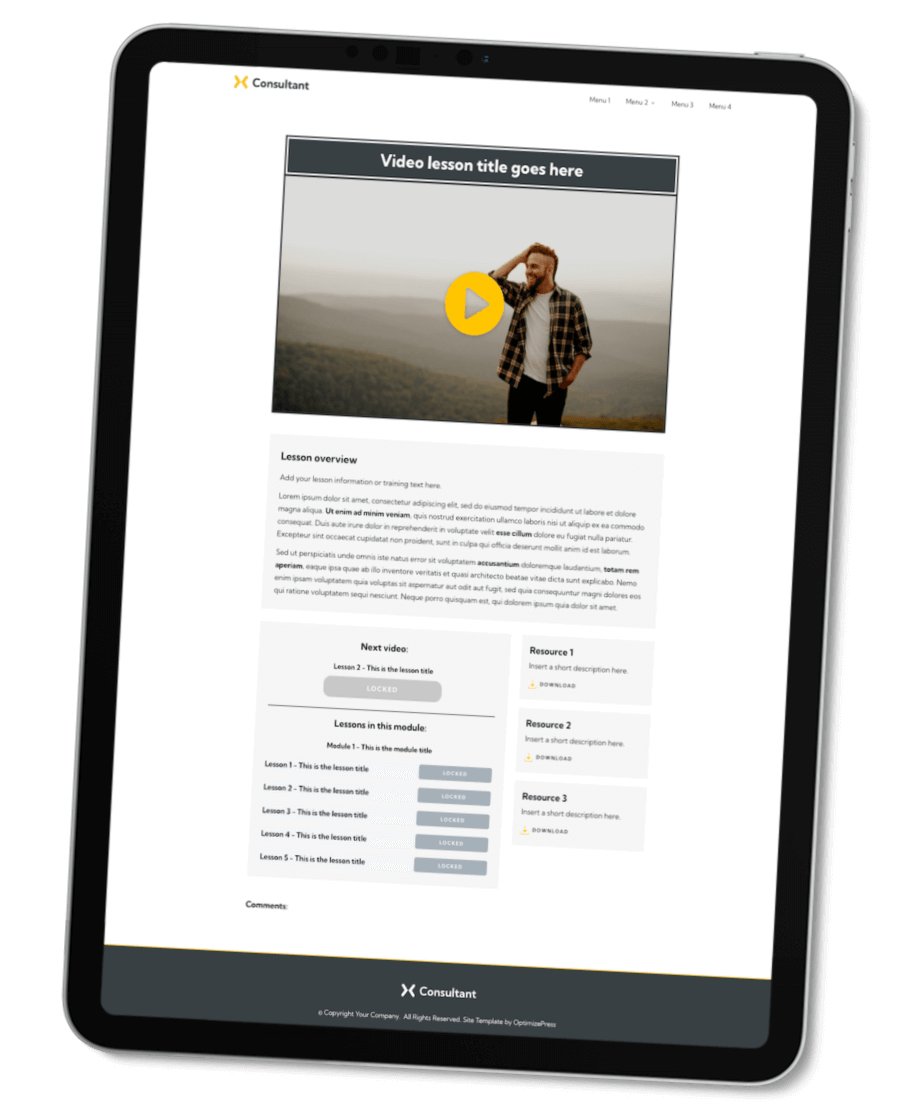The Role Psychedelics Can Have in Psychotherapy
Alternative remedies aren’t just a niche realm anymore — scientists have begun to explore the benefits of using them for both psychological and physiological health problems. Psychedelic-assisted psychotherapy is especially on the rise. It’s not hard to see why: the copious pharmaceutical options on the market often have undesirable side effects, and the several psychological therapies and treatments out there don’t always work for everyone.
With that in mind, psychedelics in psychotherapy have drawn a lot of recent attention. Several conventional doctors and therapists have seen the promising research and started looking into new ways to integrate them into their practices. That’s because these drugs can actually treat multiple psychological conditions in an effective and efficient manner.
The Origins of Psychedelic Medicine
Psychedelics, of course, aren’t new, even if they’re novel as a more planned treatment. Indigenous communities have used ayahuasca and psilocybin (also called “magic mushrooms”), for example, for hundreds of years. They’re considered sacred and can be used for both mental and physical conditions. While these communities have long known about these psychedelic benefits, modern practitioners have only recently begun catching up.
Modern Takes on Non-Recreational Psychedelic Usage
According to research by the Multidisciplinary Association of Psychedelic Studies (MAPS), there are myriad benefits of using psychedelics to treat several mental health conditions, including depression, anxiety, and stress. There have also been clinical trials at such institutions as Johns Hopkins that speak to similar benefits. It’s clear from these studies that psychedelics are here to stay, as they can play a crucially therapeutic role in psychotherapy.
In addition to this research, there’s also the recent work of bestselling author Michael Pollan, who shared his psychedelic experiences and research in his book How to Change Your Mind. In it, he spends time exploring the ways LSD and psilocybin can give people relief, as well as delving into the implications that heightened states of consciousness can have on conditions such as PTSD.
Using LSD in Psychotherapy for PTSD, Depression, and Other Conditions
You’re probably familiar with LSD, seeing as it’s one of the most highly-studied and widely-discussed psychedelics. You may not know, however, that the experience of taking LSD is very much like that of taking psilocybin. In fact, studies have demonstrated that both of them are similarly capable of treating psychological conditions.
Those same studies actually proved that just a single dose could have a substantial impact. Specifically, those who took that dose experienced a long-term improvement in their conditions. This is incredibly promising for people who struggle with severe mental health conditions, and especially for those with persistent chronic issues like PTSD.
The Future of Psychedelics in Psychotherapy
The potential power of this recent breakthrough in treating mental health conditions is hard to overstate. It allows for a psychedelic experience in a safe setting to change a patient’s mental and emotional framework, and experience substantial growth. That’s why you can certainly expect to see more and more psychedelic-assisted therapies in the near future.
That’s particularly because these new psychotherapy options revitalize substances that were once viewed as dangerous and contraband. They shed new light on them and demonstrate the uses they were perhaps always best for. Meaning, psychedelics can actually have a positive effect on the world by supporting the mental and physical health of people all over the globe.
Discover More Paths to an Enlightened Mind
Curious about psychotherapy that incorporates psychedelics? Or simply want to find out more about pathways to higher consciousness? There are several options out there for either path. You can keep learning about psychedelics, as well as effective therapies for trauma, depression, and more, by reading our past articles.
